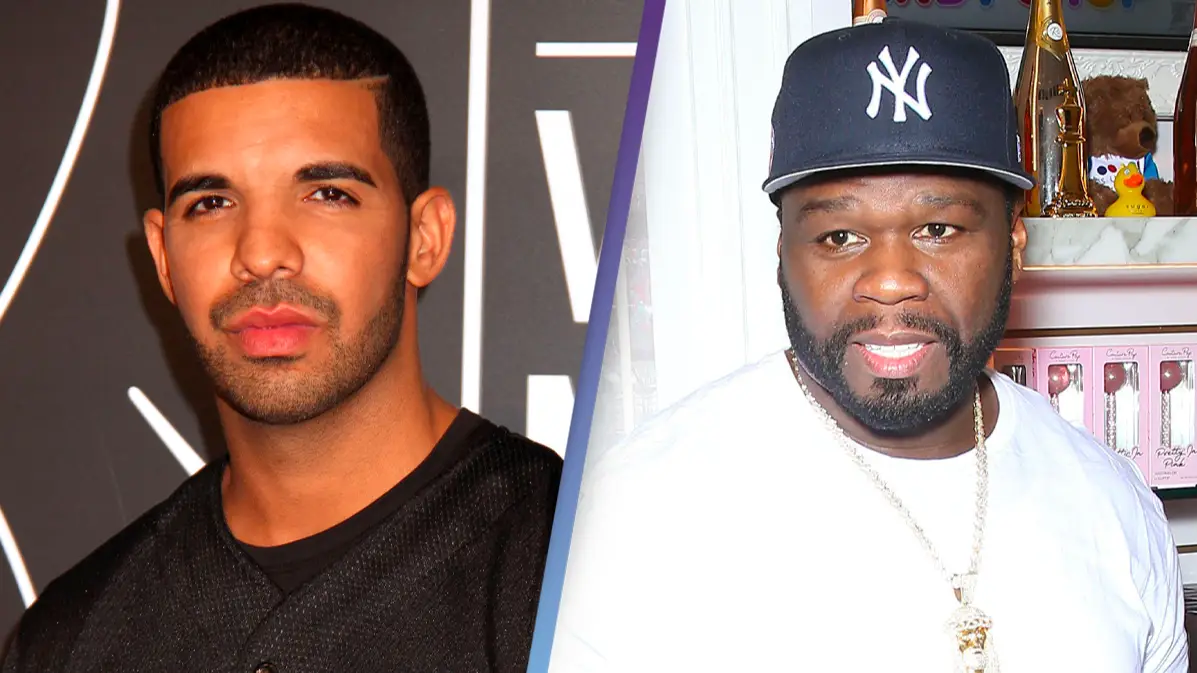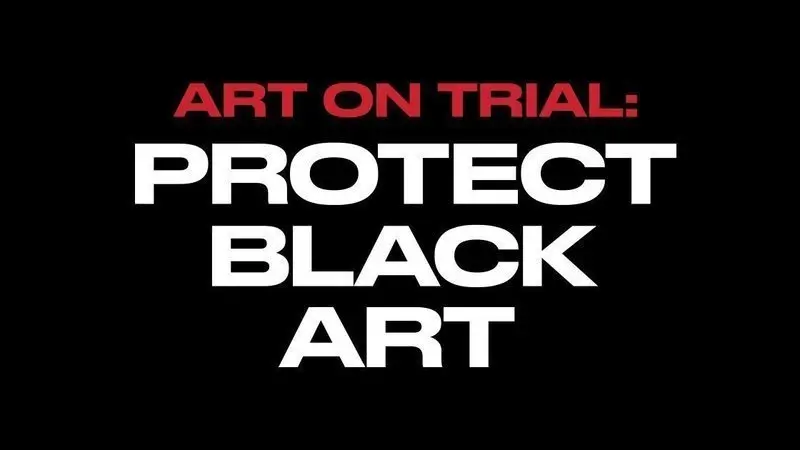
Drake, Megan Thee Stallion, Post Malone, Travis Scott and 21 Savage are among dozens of artists who have signed an open letter calling on US legislators to restrict the use of rap lyrics as a confession in court.
Artists, legal experts and others working in the industry have thrown their support behind The Protect Black Art movement, which urges lawmakers to limit how an artists creative expression can be used against them in court.
The move started earlier this year by 300 Elektra entertainment CEO Kevin Liles, and Atlanta Music Group CEO Julie Greenwald, who launched a petition back in June that has almost 65,000 signatures.
Advert
The petition was launched following the Young Stoner Life Record indictments, in which artists Young Thug and Gunna were named. Artists belonging to the label are facing more than 50 allegations - with Fulton County District Attorney Fani Willis claiming the record label is actually a ‘criminal street gang’ and uses lyrics from rap songs to support the allegations.
The petition reads in part: “This un-American practice must end. We urge the prompt adoption of legislation at the Federal and State level that would limit how prosecutors can use creative and artistic expression as evidence against defendants in criminal trials.”
Following the petition, organisers from Protect Black Art have now published an open letter in the New York Times and the Atlanta Journal Constitution.

Artists who have signed the letter include Busta Rhymes, Mary J Blige, Meek Mill and 50 Cent - as well companies such as Warner Music Group, Sony Music Group, Universal Music Group.
Kevin Liles, Chairman & CEO of WMG’s 300 Elektra Entertainment, said: “For decades, a racial double-standard has been employed against Black and Brown hip-hop artists by turning their creative visions against them in courts of law. Enough is enough. If prosecutors are unwilling to end this practice on their own, then laws need to be passed that end this flagrant abuse.

"On behalf of WMG, I want to thank the extraordinary group of people across our industry and the legal community who are joining us in this critical fight.”
Julie Greenwald, Chairman & CEO of WMG’s Atlantic Music Group, said: “Throughout history, artists have created characters and forged narratives that reflect the culture around them. That freedom of expression is essential to the creative process and the role of art in society. The harsh reality is that Black artistic creativity is being threatened at an unprecedented level, and we must make every effort to stop this unethical, discriminatory approach to prosecution.”
